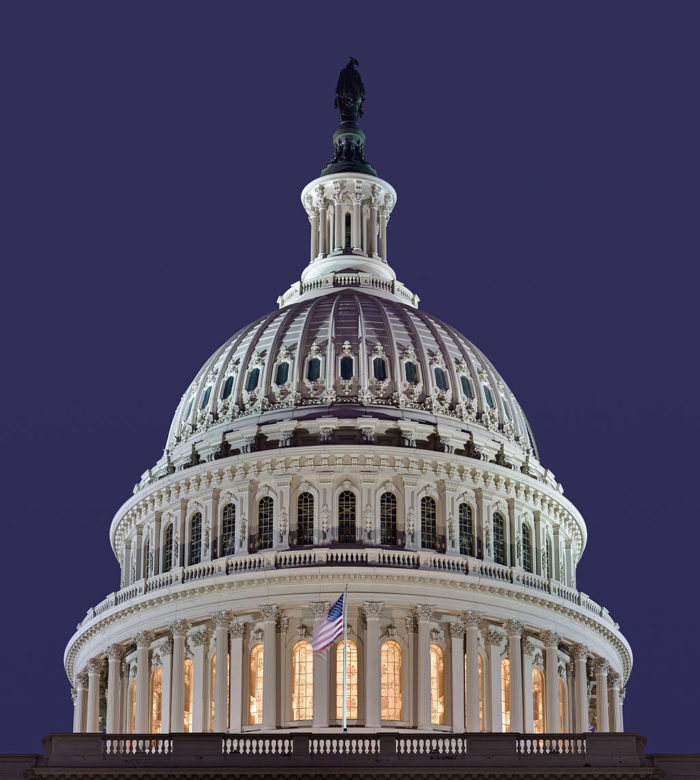
Image Credit: Wikimedia Commons
Senator Lisa Murkowski of Alaska has introduced 17 bills that cover a range of energy issues as part of a push to pass the first bipartisan energy package in Congress since 2007.
UtilityDive reports the bills would deal with issues such as distributed generation, net metering, the distribution of electricity over the grid, and the development of microgrids.
Murkowski, the Republican chairwoman of the Senate’s Energy and Natural Resources Committee, said in January she would push for legislation in four areas: efficiency, infrastructure, supply, and government accountability, according to UtilityDive. The committee has already held hearings on the efficiency bills and planned hearings in other areas later in the month.
She also called on other members of the committee to file any energy bills they have so they could be considered for inclusion in her legislation. A number of senators have, including Senator Angus King of Maine, whose proposal is summarized below. The House Energy and Commerce Committee also is considering energy legislation.
Fact sheets for each of the bills can be found at the committee’s website.
A look at distributed generation
One key area for legislation is distributed generation, the production of electricity close to its point of use, such as residential and small-scale solar and wind projects. As the price of solar electricity has fallen, the installation of residential photovoltaic (PV) systems has become more widespread, touching off regulatory battles between state regulators, utilities, and solar advocates all over the country.
One of Murkowski’s bills, S. 1219, would direct utility commissioners to review the effects of net metering on customers who don’t have PV systems of their own and decide whether net metering rates are reasonable, according to a summary bill published by SNL Financial.
This point has been pivotal, with many utilities around the country arguing that customers without solar electricity end up subsidizing those who do. Regulators in some states have approved surcharges on solar customers to help utilities recoup lower sales, a move the solar industry says discourages sales of new systems.
“At the retail level, the rise of distributed generation, such as solar rooftop panels, has resulted in a new, bi-directional flow of electricity, where customers both receive power and transmit power back onto the system,” the bill’s summary says. “As a result, the grid is now being operated in ways for which it was not designed. These transformative changes require closer consideration of ancillary services, such as generation imbalance and frequency response, that are necessary to maintain grid reliability.”
Murkowski said at a briefing May 7 she expected opposition to the bill from both states and electric utilities.
“Are we going to get pushback from all corners? Yes, because things are changing,” she said, according to the SNL account. “How we anticipate that [issue] is going to be part of our challenge as we try to draft a bill that acknowledges that we haven’t even looked at these systems because we haven’t needed to.
“Distributed generation is going to be one of those areas where you’re going to see some robust debate and perhaps not as great a certainty in terms of a resolution right away as many would like,” she continued. “But it goes back to the need as to why it’s so important that we advance an energy bill now, not having done anything since 2007. We are so far behind in updating.”
Another bill would require ‘reasonable’ interconnection fees
A second bill on distributed generation, submitted by King, a Maine independent, would establish the right of a homeowner to connect a PV or wind system to the grid “in a reasonable time frame” and for “just and reasonable” fees.
The bill, called the Free Market Energy Act of 2015, “creates the outlines of a free market, but allows states to set the specific rules in order to reflect each state’s unique needs,” according to a summary of the bill given to UtilityDive by the senators’s office.
The bill would require states to look at rates for distributed generation “in an unbundled manner” (“unbundled” means electric rates are itemized rather than lumped together in a single charge). States would have to consider such things as time-of-use pricing, societal benefits of distributed generation, and “locational value” of the resources, UtilityDive reported.
In states that didn’t comply with the requirements, residential solar and wind systems would be considered “Qualifying Facilities” under the 1978 Public Utilities Regulatory Policy Act (PURPA), meaning that utilities would be required by law to purchase power they generated at the utility’s full retail electricity rate, a UtilityDive report on King’s plan said.
“We’re trying to provide some sort of policy parameters, if you will, to help the states as they work through this,” King told UtilityDive. “That’s really the purpose. The idea of the bill is to try to guide us in that direction [of unbundled pricing and accurate DER valuation], so that we don’t have low-level warfare around the country in trying to establish this.”
Other bills in the package
Among the other proposals Murkowski has submitted were these:
- S. 1217 would give the Federal Energy Regulatory Commission new resources to reduce siting delays for electric power line projects that require environmental reviews and approval from more than one federal agency. A new ombudsman would help settle differences in permit applications for new utility lines.
- S. 1223 changes the rules for federal loans designed to encourage innovative energy programs. Among other things, the bill would prohibit the subordination of taxpayer interests to the interests of private investors, as was the case when the Department of Energy restructured a loan guarantee to Solyndra. The failed solar panel maker in California had hundreds of millions of dollars in federal loan guarantees.
- S. 1227 is designed to promote the development of “hybrid micro-grid” systems for isolated communities that aren’t connected to larger electric grids, a problem faced by a number of remote communities in Alaska and the U.S. territories.
Weekly Newsletter
Get building science and energy efficiency advice, plus special offers, in your inbox.





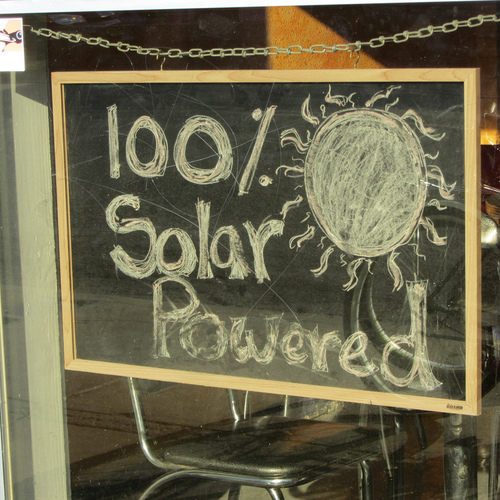
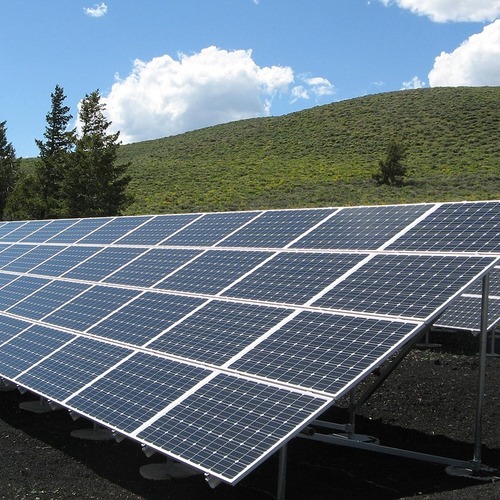
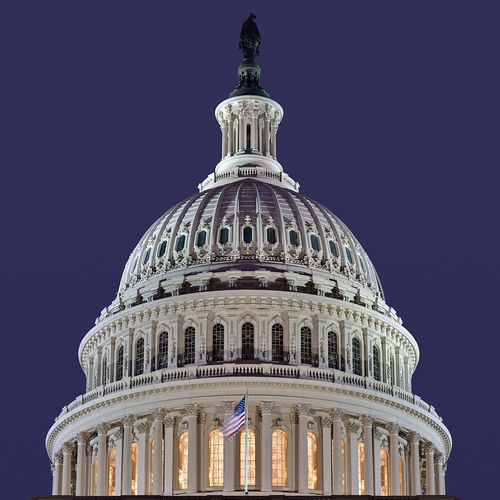



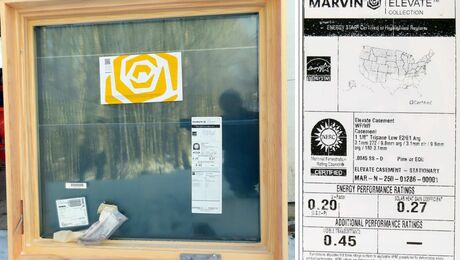



One Comment
Color me skeptical
The anti-solar folks are a team made up of the fossil fuel lobby, the electrical utility lobby, and the climate change denial lobby. They are well financed and well organized, and they are used to writing legislation for the legislators they give a lot of money to, Senator Murkowski getting more contributions than most. I look forward to a fair and open debate.
Log in or create an account to post a comment.
Sign up Log in